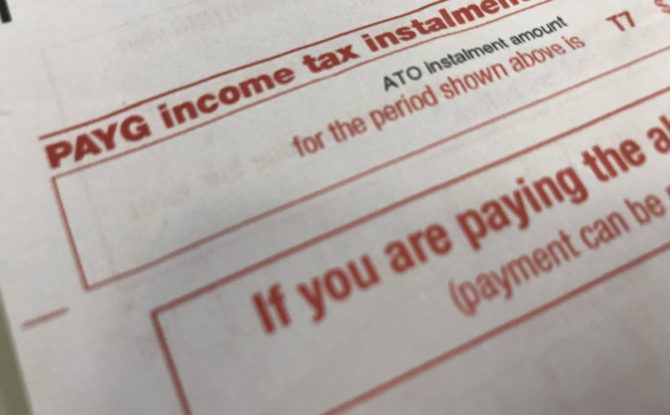In life we play different roles which gives us different names. You can be a parent at home, a child of your parents, a customer at the shops, or, if you run a business, a business owner. But do you know the correct name to call yourself when you run a business?
Very often we get business owners ringing saying they are the director of their company, when in fact they may not even own a company to start with. Understanding what structure your business is in is very important to avoid confusion down the track. Below is a brief description of each business structure and how you can call yourself when speaking to your suppliers or customers.
Sole traders
If you run your business as a sole trader, you will have an ABN for yourself, and your business is run under this ABN. You do not hold a separate entity and therefore cannot call yourself a company director.
In this case, you can call yourself a business owner, or a sole trader.
Partnerships
A partnership involves two or more people (up to 20, with some exceptions) going into business together with a view to making a profit.
If you are running a business under a partnership with others, then (to put it simply) you are the business owner of the partnership.
Companies
A company is a separate legal entity that consists of directors and shareholders. A company director is someone who makes decisions on behalf of the company, whereas shareholders hold shares for the company and is eligible to receive any dividends declared by the company.
If you run your business under a company, and you are the director of the company, then you can legally call yourself a director when speaking to your suppliers or customers.
Trusts
A trust is a structure where a trustee carries out the business on behalf of the trust’s members (or beneficiaries). A trust is not a separate legal entity. You can have individuals or companies acting as trustee(s) of your trust, and individuals, companies or trusts to be a beneficiary of your trust.
If you run your business through a trust, you are the business owner of your business.
Wrapping up…
Only directors of a company can legally call themselves a director, if you run your business in any other format, you can call yourself a business owner.
If you are confused about what structure your business is in, we suggest going through your business documents eg bank statements for your business bank account which will contain the details of the account holder. Otherwise, if we run your books and prepare your tax return, give us a call.






